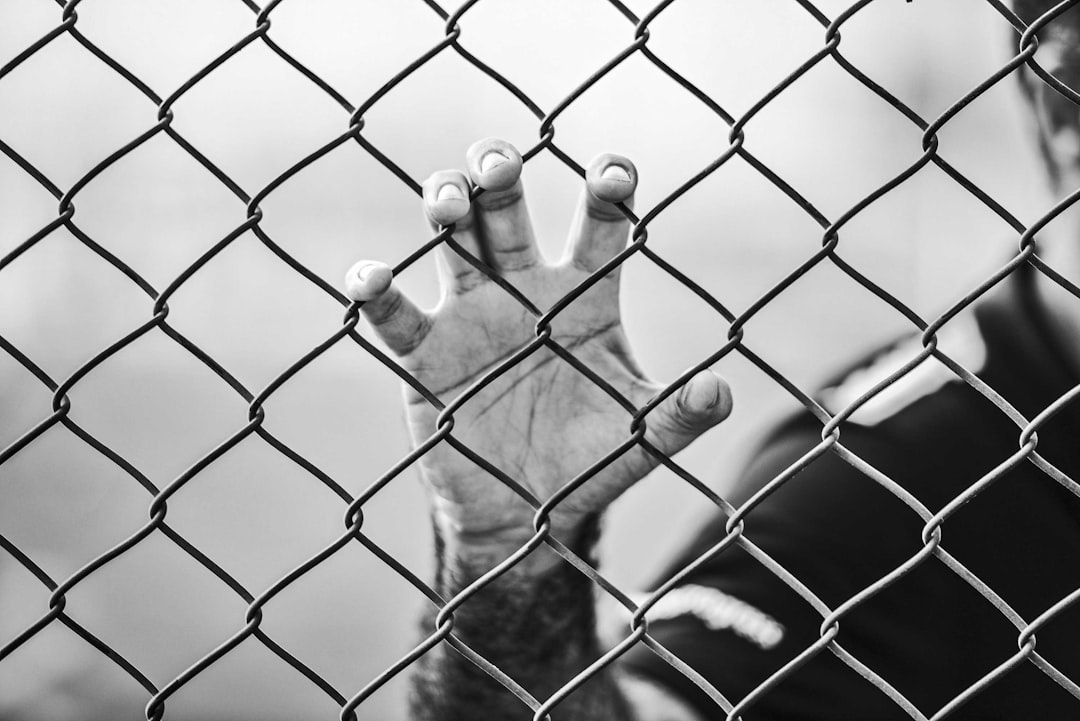All Nonfiction
- Bullying
- Books
- Academic
- Author Interviews
- Celebrity interviews
- College Articles
- College Essays
- Educator of the Year
- Heroes
- Interviews
- Memoir
- Personal Experience
- Sports
- Travel & Culture
All Opinions
- Bullying
- Current Events / Politics
- Discrimination
- Drugs / Alcohol / Smoking
- Entertainment / Celebrities
- Environment
- Love / Relationships
- Movies / Music / TV
- Pop Culture / Trends
- School / College
- Social Issues / Civics
- Spirituality / Religion
- Sports / Hobbies
All Hot Topics
- Bullying
- Community Service
- Environment
- Health
- Letters to the Editor
- Pride & Prejudice
- What Matters
- Back
Summer Guide
- Program Links
- Program Reviews
- Back
College Guide
- College Links
- College Reviews
- College Essays
- College Articles
- Back
We Are Not Free Book Review MAG
Traci Chee’s novel, We Are Not Free, describes the lives of a friend group of 14 Japanese-American teenagers who are interned during World War II. Prior to reading this book, I had read several works — both fiction and nonfiction — that addressed similar historical topics. I was therefore skeptical when I read a summary of the novel that I would find something new and interesting in Chee’s exploration of this dark period of American history. After debating internally for a few days, my interest in history encouraged me. I began reading We Are Not Free.
An immediately striking feature of the novel is how it is told. In rotating order, each chapter is narrated from the perspective of one of the 14 teenagers. This enables the reader to see events from fourteen different perspectives. Later in the book, when the 14 protagonists are forced onto different paths, the narrative structure effectively allows us to see how events shape them as individuals. We see how each relates to the grand storyline they all share.
Apart from its narrative technique, one of the most interesting aspects of the book is the storyline. I often relate to the feelings of the characters in the book. For example, towards the middle, a few older boys in the group are sent into service in the U.S. military. At the final dinner before their departure, almost everyone cries in despair — the 14 have grown up together, and now, three of them are leaving for an unknown amount of time. On my end, I was born in China and grew up in Beijing until I was 10. Before my family moved to Seattle, I was unwilling to leave my friends in Beijing. My friends and I shed many tears. Thankfully, living in the 21st century, my family and I are usually able to travel back to China during summers to visit our friends and relatives. Because I have experienced separation in my life, I am able to sympathize with the characters, even if their experience is much more harrowing than mine. The boys who join the military know they may never return. At that moment in the novel, I fully understand the heartbroken emotion each teenager feels. An important theme that the author conveys well throughout the story is identity. A few years after being placed in the internment camp, every Japanese-Americans over the age of 18 is required to fill out a loyalty survey. Two questions on the survey cause immediate controversy. “Are you willing to serve in the armed forces of the United States… wherever ordered?” and “Will you swear unqualified allegiance to the United States of America… and forswear any form of allegiance or obedience to the Japanese emperor?” These questions require matching yes or no answers. As a result, the questions split people in the camp into the “yes-yes” group and the “no-no” group. By describing the decision process of each character — some decide quickly, some are internally conflicted for a long time — the author allows the reader to fully understand each character’s decision. Personally, I truly appreciate the determination of the “no-nos” who stand firm to their Japanese origin and the Japanese Emperor. On the other hand, I also fully understand the “yes-yeses” who consider themselves Americans and are willing to serve the country they have been living in for years.
Without spoiling it, the ending of the book has a mix of sweetness and bitterness. Every time after reading a story that includes controversial ideas — such as the internment camp in this book — I am always left with countless thoughts. In the grand scheme of history, it is rarely possible to say if something is right or wrong. The internment camp was, in many ways, a violation of human rights; but in urgent times, such as World War II, no one knows if other solutions would have been better. What is most important is that Traci Chee shows us that none of the 14 teenagers in We Are Not Free relinquish their hope and faith; they all believe that one day, they will return to their homes. There might be tough
times in life, but as long as one remains hopeful and faithful, he or she will be able to overcome the difficulties eventually.
Similar Articles
JOIN THE DISCUSSION
This article has 0 comments.

